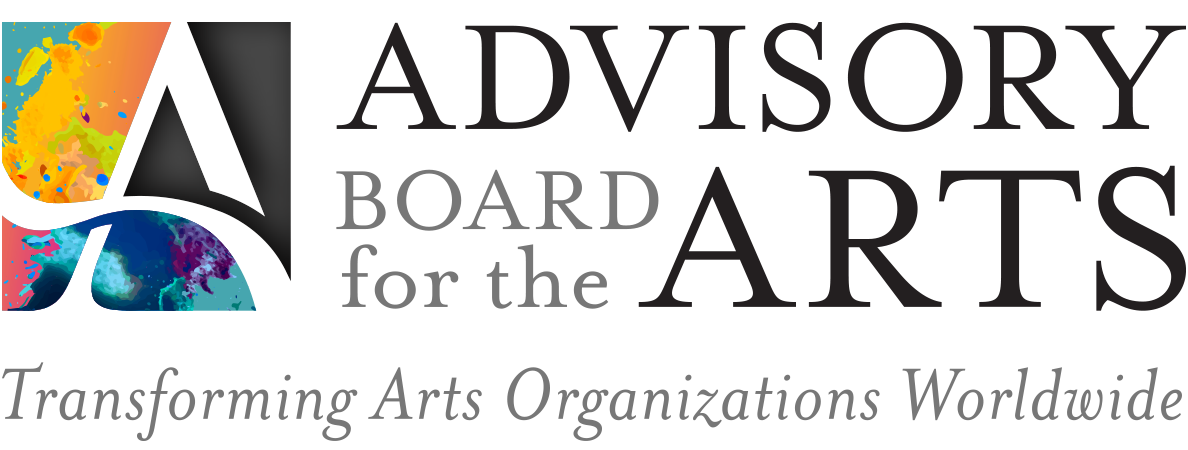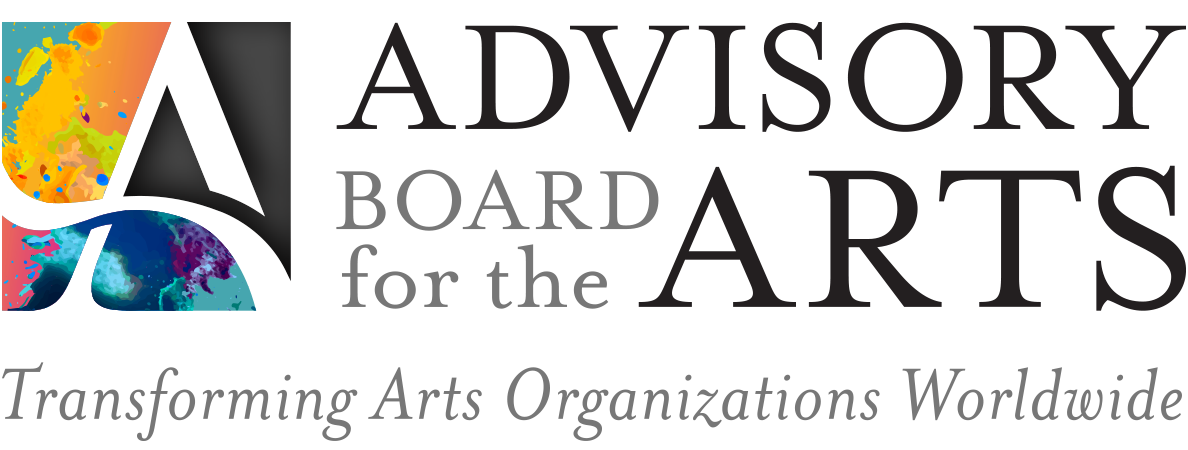Creating Your Compensation Philosophy
April 2021
This article is related to a custom research project ABA conducted on behalf of an opera member. Our research team is always delighted to speak with members about tailoring research projects to your organization. To learn more or submit a custom research request, simply contact your member advisor or email us at info@advisoryarts.com.
In research and benchmarking ABA has conducted this year, it has become clear that it is uncommon for arts and culture organizations to have formal compensation philosophies for all staff. This could be attributed to a number of factors: a much smaller workforce than in the for-profit world, a higher proportion of part-time or seasonal employees, and in some cases, traditional or outdated ways of managing teams — not to mention, how pressed for time we all are in the current environment, and how much time is needed to evaluate compensation practices to begin with.
As we return to in-person work and calibrate wages for the next fiscal year, we have a perfect opportunity to outline a compensation philosophy that is equitable, demonstrates a commitment to fair compensation, and both attracts new talent while helping to retain current employees.
The compensation philosophy serves as the first building block upon which every other element of the compensation strategy depends. As such, it should be detailed — it is more than a compensation “mission statement” — but not so detailed that it is restrictive. Here, we offer 4 (roughly chronological) sets of questions to consider when writing your organization’s compensation philosophy.
Questions to Consider
Key Questions 1: High-Level Questions Before Engaging Your Team
How would you describe company culture? Know your culture to avoid efforts that won’t gain support.
What major threats and opportunities might lie on the horizon for the organization?
What roles and skills are going to have the biggest impact on your organization’s ability to execute on its objectives?
How might compensation be leveraged as a tool to recruit, engage, and retain talent?
What are the various components of compensation in your organization (e.g., base pay, benefits, and variable pay), and what is the balance among them?
What are the demographics of your workforce? What changes, if any, do you wish to see in those demographics? An organization wanting to change the mix (e.g., by bringing in more experience) or appeal to a certain demographic (e.g., millennials) will need to tailor their philosophy to attract these groups.
Key Questions 2: Benchmarking & Discussing Key Influences With Your Team
First, depending on how specific you want to get with your organization’s compensation philosophy, you may find it valuable to do some benchmarking to determine what your competition is paying — and note that the competition for your talent may be different from the competition for your business. Discuss with others in the industry or work with an outside vendor to obtain salary ranges.
For more information specific to small businesses, see Building a strategy that supports small-business success.
For nonprofits, see 3 Tips to Design a Transparent Nonprofit Compensation Strategy.
Form a compensation committee of individual stakeholders from different departments, including executives. Select someone to facilitate a working discussion (in larger companies, this would typically be the head of HR) and someone to act as a scribe.
Schedule at least a couple of hours for the working discussion, communicating that no preparation is required for brainstorming. Have the numbers from your benchmarking research ready, alongside your own organization’s current job titles and salaries.
Together, think about how the following six factors influence your compensation philosophy: business strategy, business lifecycle, laws and regulations, culture, industry, and workforce composition & demographics. The first three factors will constrain what you can ultimately offer, so consider starting with these.
Business Strategy
What do our values and mission/vision statements say?
What keywords or concepts can we extract from them and focus on?
How competitive do we want to be/do we need to be?
Which of these skills is the most difficult to acquire?
How do we want to be viewed by our stakeholders (or shareholders)?
Business Life Cycle
Where are we in our life cycle: start-up, growth, maturity, or decline?
Are we more about aggressive growth, maintaining stability, or controlling costs?
Do we want to tie compensation to performance?
Laws and Regulations
Have we had any compensation-related issues that have, or could have, escalated to litigation?
Do employees perceive problems with internal equity?
For hourly paid jobs, do we want to just meet or exceed minimum wage to be more attractive to applicants?
Culture
What’s most important to our employees: base pay, benefits, or variable pay?
What’s most important to the executive team?
How important are employee engagement and retention to our success?
Are we a people first, product first, or bottom line oriented organization?
Do some earn hourly wages and others salary? Are benefits and variable compensation different for different employee segments?
Are hours of work different for one group over another? Are flex time, lieu time, and overtime options different for one group over another? Do we want to offer greater flexibility in work hours, shifts, and education support?
What role do qualifications and academic accreditation play in total compensation?
Industry Conditions
What trends are in play in the industry which will affect our human resourcing objectives?
What skills do we need that are industry-specific? What skills do we need that are more common/ general?
Are we competing with others in our industry for scarce skills, or over a small selection of available talent?
Do we want to be considered an employer of choice in our industry? How do we want to distinguish ourselves from others in our industry?
In general, what is our market position (i.e. do we strive to pay at, above, or below market)?
Work Composition and Demographics
Are we going to lose a lot of talent in the years to come due to Baby Boomer retirement?
Do we have enough experience on board to ensure operational stability?
Do we have enough junior talent on board to feed our succession plans?
Do we have a sufficiently diverse workforce in terms of demographics?
Now that you have discussed the influencing factors, distill information to uncover fundamental compensation principles. Common compensation principles include being market competitive or externally equitable, being internally equitable, focusing on pay for performance, focusing on pay for tenure, focusing on total rewards as opposed to total compensation alone, and having a structured but flexible approach.
Key Questions 3: Writing a Formal Compensation Philosophy Statement
The core components of a compensation philosophy include the objectives of your compensation approach, the basis of job value, competitive intent for each employee segment (which can be specified in one of a number of ways), the current structure, the focus of variable compensation (bonuses and/or incentives), the approach to raises and promotions, and the approach to administration.
Your formal compensation philosophy should answer the following:
What are the organization's most important objectives right now, as you see them? How might those change going into the future? Compensation plans must be aligned with overall objectives to have any real business value.
In order to achieve those goals, what behaviors and work culture do you want to drive/reward?
Do you want to lead, match, or lag behind others in your industry and market? (And if you choose to match or lag behind others in terms of cash compensation, do you have superior equity pay, benefits, perks or career development opportunities you can use to offset the lower pay)? How does this vary across employee segments?
How will you demonstrate fair, equitable and competitive pay practices?
Key Questions 4: Reviewing Your Compensation Philosophy
Review your compensation philosophy at least every two years; if your organization has made a number of changes to jobs, has fallen behind on benchmarking pay in the past few years, is competing for hard-to-find talent, or is focused on retaining above average talent, then you may consider reviewing compensation more frequently.
When reviewing, it may be difficult to answer ‘yes’ to all of the following questions due to the inherent tensions and conflicts between them. (For example, it may be difficult to simultaneously have a compensation philosophy that is fiscally sensitive and strongly attracts new hires).
Rather, be able to put them in order of priorities — and make sure you’re answering ‘yes’ to at least the most important ones.
Is the compensation philosophy equitable?
Is the compensation philosophy defensible and perceived by employees as fair?
Is the compensation philosophy fiscally sensitive?
Are the programs included in the compensation philosophy legally compliant?
Does the organization effectively communicate the compensation philosophy to employees?
Does the compensation strategy attract new hires?
Members, when you find it’s the right time for your organization to get started with conceptualizing your compensation philosophy, please don’t hesitate to reach out to ABA as we’d be delighted to assist you in the process and provide artifacts from in and out of industry.


